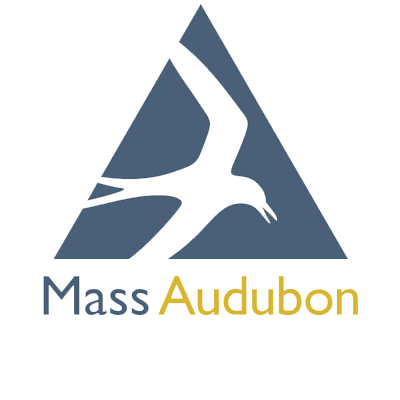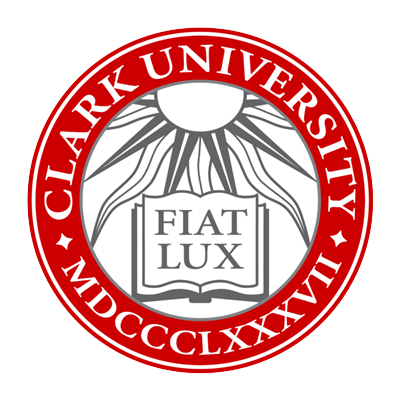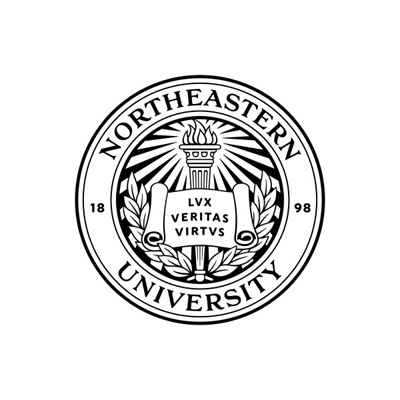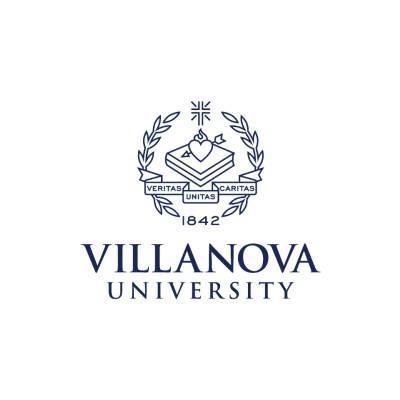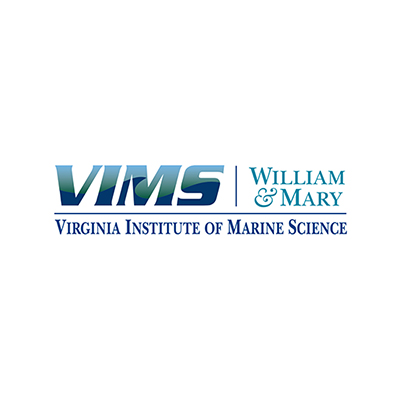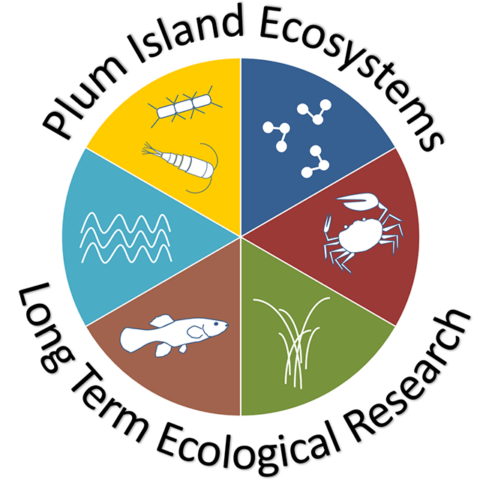Welcome! We are a multidisciplinary community of scientists, students, technicians, educators, and environmental leaders contributing to the Plum Island Ecosystems LTER.
Mission Statement
The Plum Island Ecosystems LTER (PIE) is an integrated research, education, and outreach program. Our goal is to advance our understanding of the long-term effects of sea level rise, climate change, and human activities on the land, marshes, estuary, and ocean ecosystems within PIE, using PIE as a model for what is happening in estuaries worldwide. Our research sheds light on the controls on marsh accretion and loss, blue carbon storage, the exchange of carbon and nutrients, and how food webs are changing with sea level rise, warming, and ecosystem responses. We seek to apply the ecological knowledge we gain to help in the management and development of policy that protects the natural resources of this and other estuaries in the U.S. coastal zone.
Educating the next generation of citizens and scientists and public outreach are integral components of PIE. PIE is an active training ground for undergraduate students, graduate student, and post-doctoral fellows who participate in all facets of our research. In connection with Mass Audubon's Salt Marsh Project, we offer K-12 students and their teachers opportunities to better understand the ecology of estuaries, the value of long-term ecological research, and the threats posed by human activities and global change. We also work with numerous non-governmental organizations and local, state, and federal agencies to address issues related to population growth, land use change, sea level rise, climate change, water diversions, and river dams.
How do things work at PIE?
- The PIE LTER is a collaborative research effort between scientists, postdocs, graduate and undergraduate students, research assistants, and educators from over 20 institutions.
- PIE is administered by the Ecosystems Center at the Marine Biological Laboratory (MBL). MBL employs a small team of full-time PIE staff who manage the field housing and laboratory facilities, data publication, the website, and long-term research efforts.
- Mass Audubon is an independent, non-profit organization that leads our science outreach and education programs.
- The PIE project has been funded by the U.S. National Science Foundation LTER Program since 1988. The grant funds much of the long-term monitoring at the site and is reviewed/renewed in six-year intervals.
- The Executive Committee consists of eight principal investigators conducting research at PIE. They meet regularly and have authority over activities at the site. The Education Manager, Information Manager, and Graduate Student Representatives also hold seats on the Executive Committee.
- Other committees include a Data and Information Management Committee, a Engagement Committee, an Education and Outreach Committee, and sub-committees focused on specific research areas.
- To see who's on the committees and who is doing research at PIE, visit the People page.
- Read the detailed PIE Principles of Operation and Governance.
- Check out and contribute to our Guide for Researchers FAQs.

